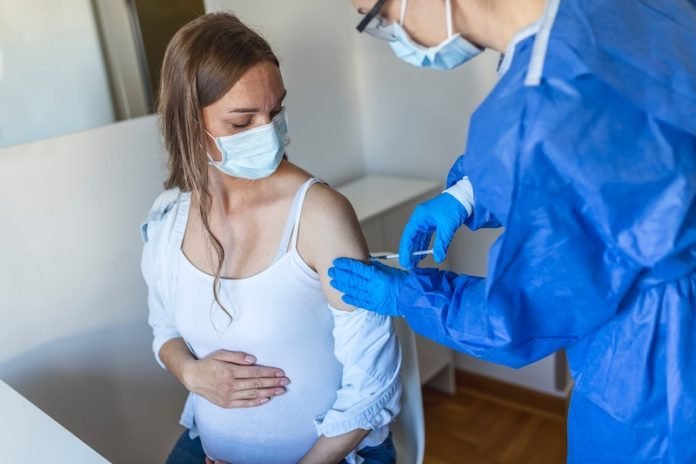
A new COVID-19 vaccine, called MT-001, developed by researchers at Rutgers University, has shown potential in animal studies to provide more durable protection against SARS-CoV-2 and its emerging variants.
Unlike existing vaccines, which usually provide temporary protection that diminishes over time, even with booster shots, MT-001 might offer long-lasting defense against many COVID-19 variants.
Aiming for Optimal Protection
“We need a better vaccine, one that provides years of robust protection with fewer booster shots against a variety of SARS-CoV-2 strains.
Our data suggest this vaccine candidate might be able to do that,” said Stephen Anderson, associate professor of Molecular Biology and Biochemistry in SAS, resident member of the Rutgers Center for Advanced Biotechnology and Medicine and senior author of the paper in Vaccines.
The current vaccines, while lifesaving, may not durably prevent people from getting sick, Anderson explained.
However, the new vaccine, developed using approaches informed by an ambitious National Institutes of Health project, shows promise to be more optimal.
A Different Approach
While most COVID-19 vaccines use the entire spike protein of the virus to trigger an immune response, the MT-001 vaccine uses a unique section of that protein as its immunogen. This approach offers several advantages.
First, the spike protein section used by MT-001 encompasses most of the targets for protective antibodies.
This includes regions that are likely to remain unchanged in future variants, suggesting that MT-001 could elicit “broadly neutralizing” antibodies, conferring protection against currently circulating SARS-CoV-2 variants and those yet to emerge.
Second, MT-001 was designed for easy manufacturing and distribution, with no special low-temperature handling requirements.
This could make vaccines based on the MT-001 prototype readily accessible even in areas where cold-storage infrastructure is lacking.
Durable Protection
“In theory, a booster shot of our variant-updated version of MT-001 could provide lifelong protection,” said Anderson.
“The animal data indicate that it should, at the very least, provide protective antibody levels for at least a year or more, which is a vast improvement over today’s vaccines.”
The ultimate goal of the team is to enable people to put their fear of catching COVID-19 behind them.
If you care about COVID, please read studies about Vitamin D deficiency linked to severe COVID-19, and how diets could help manage post-COVID syndrome.
For more information about COVID, please see recent studies about new evidence on rare blood clots after COVID-19 vaccination, and results showing zinc could help reduce COVID-19 infection risk.
The study was published in Vaccines.
Copyright © 2023 Knowridge Science Report. All rights reserved.



